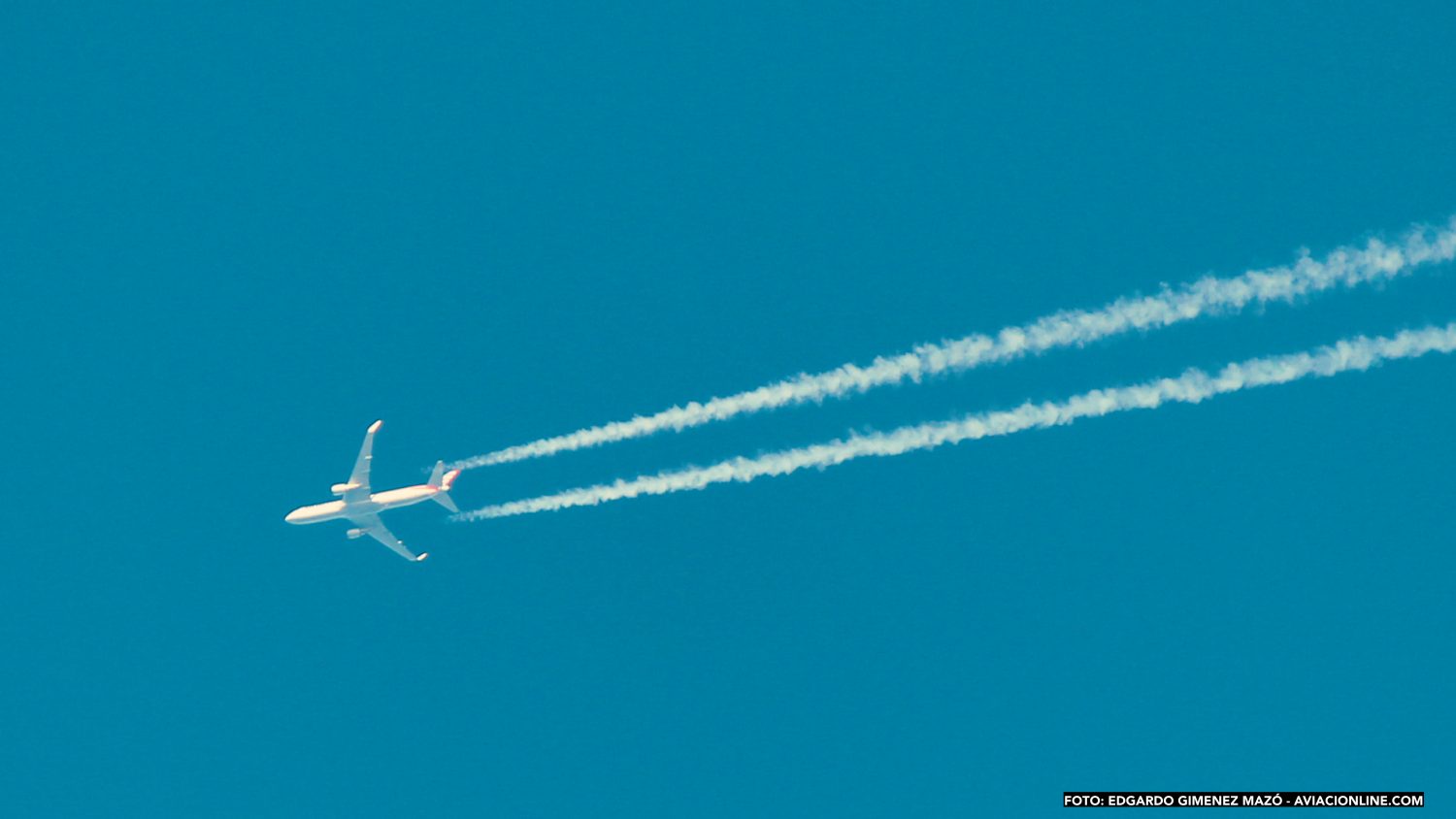The International Air Transport Association (IATA) reported that, as of the end of October 2024, airline funds blocked from repatriation by various governments amount to $1.7 billion. This figure represents a slight improvement compared to the $1.8 billion recorded at the end of April.
According to IATA, nine countries account for 83% of these blocked funds, totaling $1.43 billion. Among the nations making progress in reducing these restrictions, the association highlighted Pakistan, Bangladesh, Algeria, and Ethiopia. However, it noted increases in the XAF/XOF currency zones and in Mozambique, while Bolivia has emerged as a new problematic area for revenue repatriation. Funds that airlines have claimed for years in Venezuela are now considered lost.
Willie Walsh, IATA’s Director General, stated that the situation remains unsustainable for the industry. “Over the past six months, we have seen significant reductions in blocked funds in Pakistan, Bangladesh, Algeria, and Ethiopia. At the same time, the amounts are increasing in the XAF/XOF zones and Mozambique. Bolivia has also become a problem, where repatriating revenue from sales is becoming increasingly difficult and unsustainable for airlines. This unfortunate game of ‘whack-a-mole’ is unacceptable. Governments must remove all barriers to airlines repatriating their revenue from ticket sales and other activities, in line with international agreements and obligations,” he said.
Walsh also emphasized the potential economic consequences of this issue. “No country wants to lose air connectivity, which drives economic prosperity. But if airlines cannot repatriate their revenue, they cannot be expected to provide service. Economies will suffer if connectivity collapses. Therefore, it is in everyone’s interest, including governments, to ensure that airlines can repatriate their funds without obstacles,” he added.
IATA reiterated that revenue repatriation is essential for the sustainability of aviation, an industry critical to global economic development.
Pakistan tops the list of countries with the highest blocked funds, totaling $311 million. This marks an improvement compared to the $411 million recorded in April 2024, although IATA points out that the main delays are caused by the system of audits and tax exemption certificates, which extend processing times.
In Bangladesh, blocked funds decreased to $196 million, compared to $320 million in April. The association stressed the need for the Central Bank to continue prioritizing airlines’ access to foreign currency, in line with international obligations.
Africa accounts for approximately $1 billion in blocked funds, representing 59% of the global total. Over the past six months, significant reductions were achieved in Algeria ($193 million, down from $286 million in April) and Ethiopia ($43 million, down from $149 million in April). However, the XAF monetary zone (+$84 million), the XOF monetary zone (+$73 million), and Mozambique (+$84 million) experienced the largest increases in the region.
Bolivia, for its part, joins the list of countries with blocked funds due to worsening access to foreign currency, particularly U.S. dollars. According to IATA, this situation has resulted in an estimated $42 million in blocked airline revenue in the country, further exacerbating the crisis.














